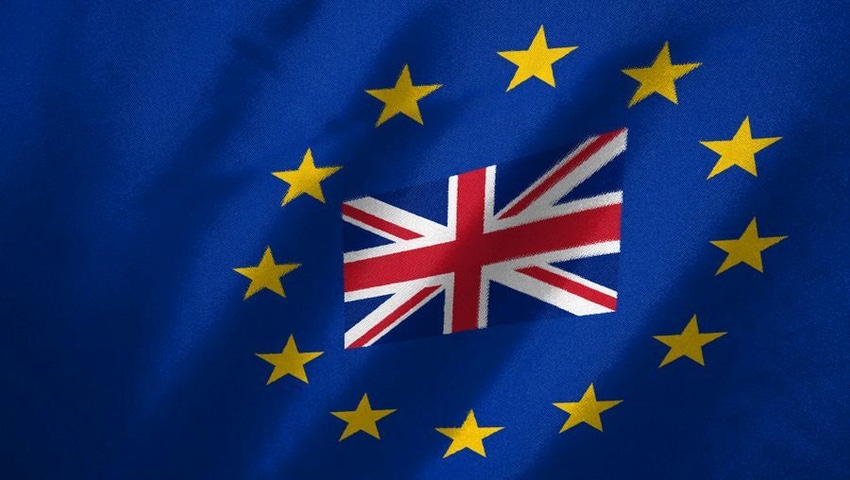Subtle changes in the legal definition of novel foods may enlarge the scope of botanical ingredients that are covered.
May 5, 2016

A European Union (EU) regulation on novel foods will enter into application on Jan. 1, 2018, making a number of changes to the rules that currently apply. Some of these changes in (EU) 2015/2283 may have important implications for the assessment of the novel food status of, and/or the procedures for, novel food approval of botanicals or botanical extracts.
Subtle changes in the legal definition of novel foods may enlarge the scope of botanical ingredients that are covered. For example, the phrasing of the third bullet of the current definition is slightly reworded in the regulation, as follows:
‘food consisting of, isolated from or produced from plants or their parts, except when the food has a history of safe food use within the Union and is consisting of, isolated from or produced from a plant or a variety of the same species obtained by traditional propagating practices which have been used for food production within the Union before 15 May 1997; or non-traditional propagating practices which have not been used for food production within the Union before 15 May 1997, where those practices do not give rise to significant changes in the composition or structure of the food affecting its nutritional value, metabolism or level of undesirable substances.’
In a way, this definition is broadened, in that it will not only cover the plant itself or products isolated from it, but also products that are produced from such plants. This will in the future cover a broader area of preparations and extracts than may have been the case in the past. Companies may need to reconsider if their products are affected.
Furthermore, under this new novel foods regulation, companies must verify whether the food they intend to place in the EU market is novel. Consulting with the competent authority of the EU member state of first marketing will be mandatory in case of uncertainty as to whether or not it falls within the scope. The European Commission will soon be establishing the procedural steps for this process.
The regulation also provides new definitions and procedures for the approval of ‘traditional food from a third country.’ This concerns novel food which is derived from primary production (as defined in point 17 of Article 3 of Regulation (EC) No 178/2002) with a history of safe food use in a third country. This ‘history of safe food use in a third country’ itself is also defined in the regulation, and means that the safety of the food in question has been confirmed with compositional data and from experience of continued use for at least 25 years in the customary diet of a significant number of people in at least one third country. The new simpler ‘notification’ procedure could allow ‘traditional food from a third country’ to be authorized within four months of receipt of a valid notification by the European Commission, provided that no rational safety objections are raised by member states or the European Food Safety Authority (EFSA).
Finally, the new regulation establishes a Union list, meaning that starting Jan. 1, 2018 novel food approvals will be generic rather than applicant linked, thus allowing any food business operator to place approved novel foods on the EU market. The option for proprietary data protection will nevertheless provide an incentive for companies to invest in innovation, to develop new scientific evidence in support of their novel food applications.
With these changes to consider, it remains to be seen in practice to what extent they might affect innovation in the area of botanicals and botanical extracts under food law in the EU.

Claire Lennon is advisor of regulatory affairs, Europe & Middle East Africa, EAS Strategies. EAS Strategies will present on ‘Impact of the new EU novel food regulation on the future of botanicals’ at the Vitafoods Europe Conference on May 12, 2016.
About the Author(s)
You May Also Like




.png?width=800&auto=webp&quality=80&disable=upscale)